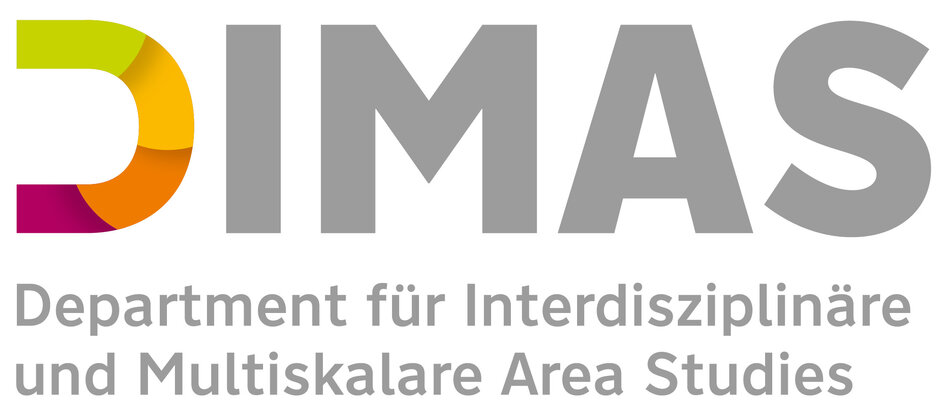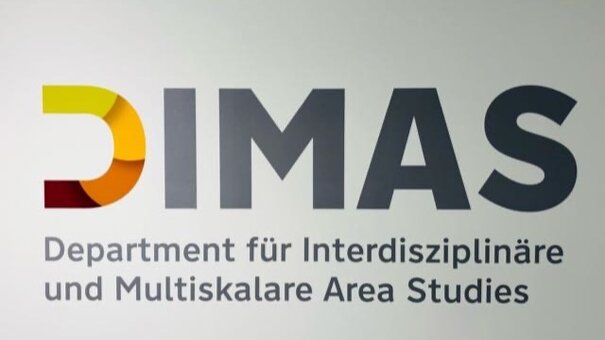
Willkommen beim DIMAS
Das Department für Interdisziplinäre und Multiskalare Area Studies - DIMAS ging 2023 aus dem CITAS hervor. CITAS wurde 2017 mit dem Ziel gegründet, die Zusammenarbeit unterschiedlicher Institutionen, Projekte und Forscher:innen im Bereich der Area Studies in Regensburg zu fördern.
Das DIMAS setzt diese akademische Tradition mit sechs Professuren und einem engagierten und diversen Team von wissenschaftliche Mitarbeiter:innen fort, die Area Studies in multiskalaren Perspektiven und Methodologien und in interdisziplinärer Perspektivierung als Fach neu definieren wollen.






